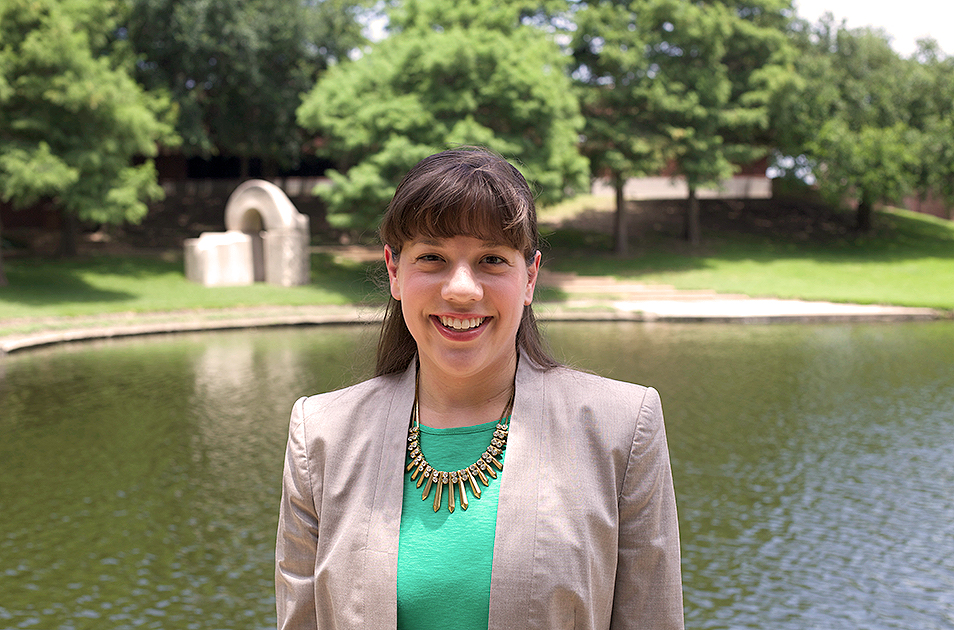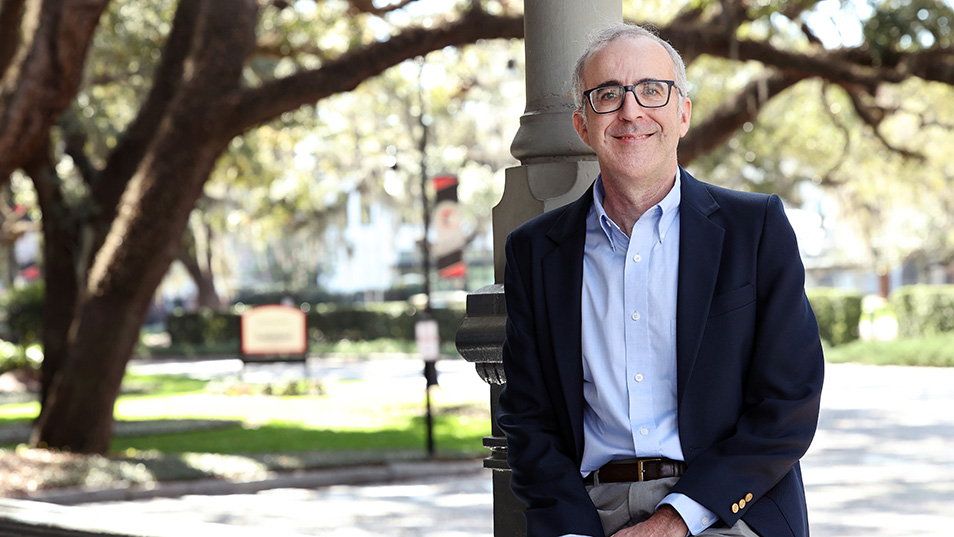Published: May 23, 2018
Narcissism Study Explores the Reasons for Selfie-Taking in Emerging Adults
In this age of smart phones and social media, the rise of selfies, or self-portraits, seems inevitable. They have become commonplace, especially amongst millennials, leading to the perception of this generation as more narcissistic than their predecessors.
But is there a link between selfie taking and narcissism?
Erin Koterba, associate professor of psychology, and two of her students, Kaitlyn Ligman ’17 and Faith Ponti ’17, set out to investigate motives for emerging adults (ages 18–29) to take and post selfies to social media and to explore how gender and narcissism predict selfie-taking behavior.
For the study, they collected data from 276 emerging adults at the University through an online survey. Participants were asked to list motives for posting selfies to social media, and reported the number of selfies taken in the last week and whether they were alone or with others.
They also completed the Narcissistic Personality Inventory-13, a questionnaire that measures three dimensions of narcissism.
“We predicted that narcissism, particularly grandiose and exhibitionistic aspects of narcissism, would be linked to selfies,” said Koterba. “We expected this relationship to be particularly strong for selfies taken alone rather than selfies taken with another person.”
Of the 169 participants who reported a motive, six global motives emerged, with narcissistic themes — such as “I think that I am attractive, and I have no problem sharing that”— being the most common for both males and females. Interestingly, there was no link between tendencies to report narcissistic motives for taking selfies and actual narcissism scores on the NPI.
“We found that grandiose and exhibitionistic aspects of narcissism are indeed tied to selfie-taking,” said Koterba.
Though no gender difference emerged for selfies taken alone, women took more than double the number of selfies with others per week than did males.
Koterba gave a poster presentation of the research, “‘Get out of my selfie!’ Exploring links between narcissism, gender, and self-photography among emerging adults,” at the Society for the Study of Emerging Adulthood conference this past fall, and a paper is forthcoming.
“I think it’s becoming clear that selfies are not necessarily tied to narcissism, and that only certain aspects of it are related,” she said, and suggests that perhaps the narcissistic tendencies seen in the study are just manifestations of the self-focus that defines emerging adults. “There’s a lot left to study.”
This story first appeared in the UT Journal. Read similar stories.



